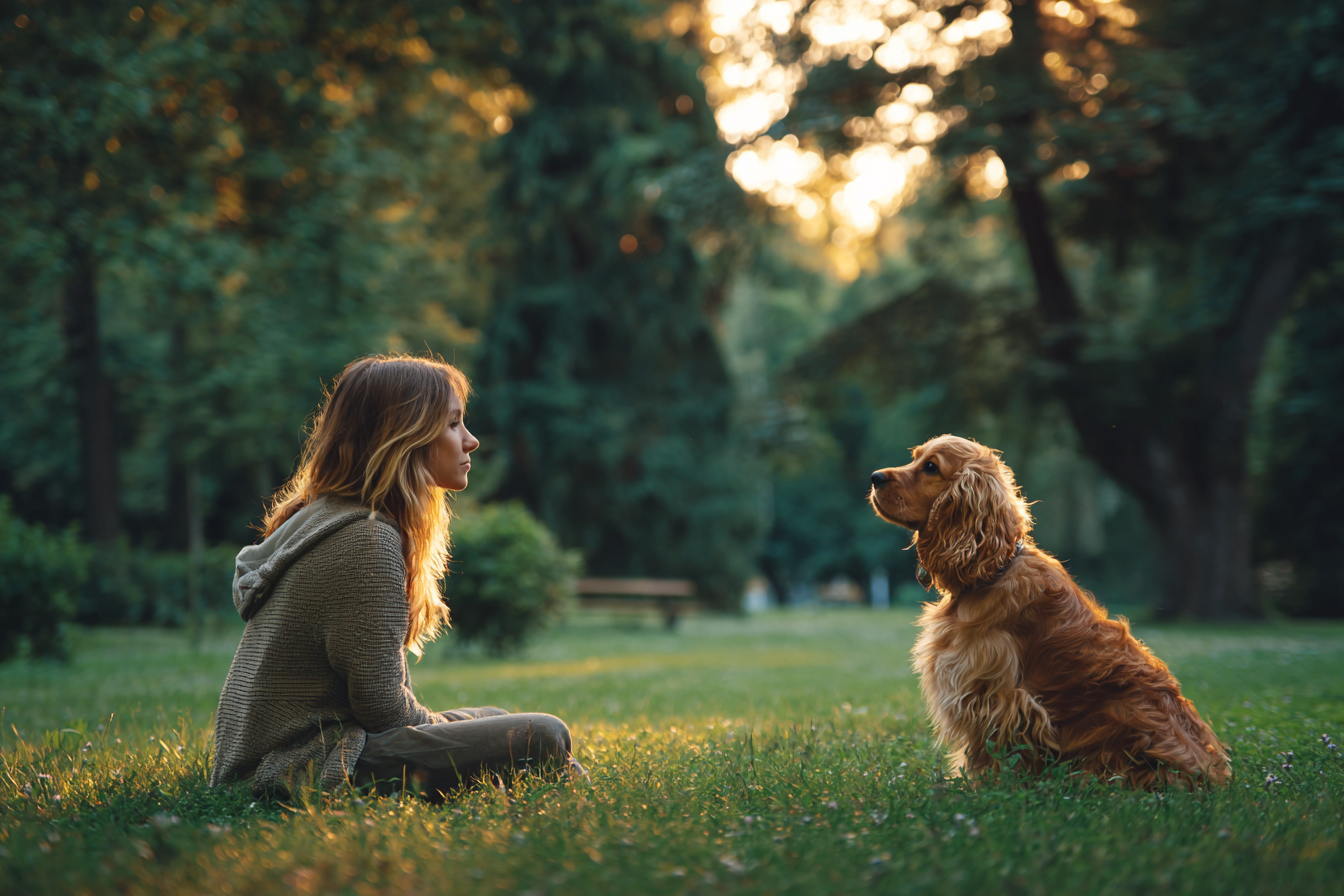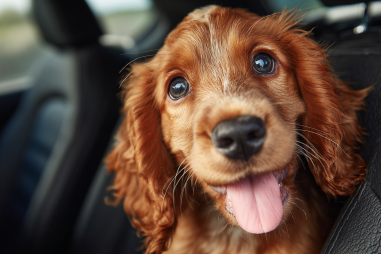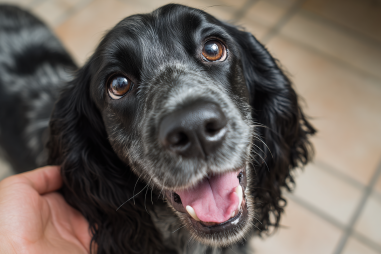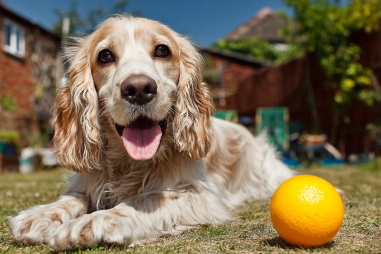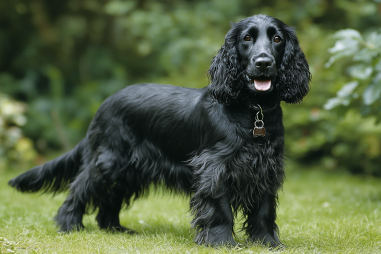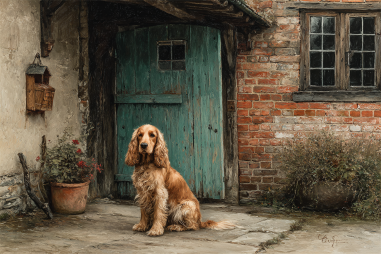Training your English Cocker Spaniel can be a truly enjoyable and fulfilling journey. Known for their friendly demeanor, intelligence, and eagerness to please, this breed responds wonderfully to consistent, kind training methods. Whether you are welcoming a lively puppy into your home or adopting an older dog, this guide will walk you through the essential steps needed to raise a well-behaved and happy English Cocker Spaniel.
Understanding the Basics of Training Your English Cocker Spaniel
Before diving into specific training techniques, it’s important to understand the personality traits of English Cocker Spaniels that affect their learning. They are intelligent, curious, and have a strong desire to connect with their owners. These characteristics make them highly trainable, but they can also get bored or distracted easily if training sessions are too long or monotonous. Patience, consistency, and positive reinforcement are key components. Keep training short, fun, and rewarding to maintain their motivation.
Crate Training and Housebreaking
Crate training is an excellent foundation for housebreaking your English Cocker Spaniel. Dogs instinctively avoid soiling their sleeping area, which makes crates effective in teaching bladder and bowel control. Begin by making the crate inviting — use soft bedding and place it in a location where your dog can see the family. Introduce the crate gradually with treats and praise, never using it as punishment.
For housebreaking, take your Cocker outside frequently, especially after sleeping, eating, or playing. Establish a consistent routine for bathroom breaks. Reward them immediately after they eliminate outdoors to build the association. Be patient with accidents, clean them up thoroughly, and avoid scolding, which can lead to fear or confusion.
Teaching Basic Commands
Basic commands lay the groundwork for good behavior and safety. Begin with foundational commands such as “sit,” “stay,” “come,” and “down.” The English Cocker Spaniel, being quick to learn, typically picks up commands swiftly when taught with gentle encouragement and rewards.
- Sit: Hold a treat just above their nose and move it backward, encouraging their bottom to lower. As soon as they sit, reward immediately.
- Stay: Ask your dog to sit, then slowly extend your hand and say “stay.” Take a step back and reward if they hold the position. Increase the distance gradually.
- Come: Use a happy tone, crouch down, and say “come.” Reward your dog lavishly when they approach.
- Down: From a sitting position, hold a treat at your dog’s nose and lower it to the floor, encouraging them to lie down.
Consistency is vital. Practice these commands daily in short sessions to reinforce learning and build your dog’s confidence.
Addressing Common Behavioral Challenges
Like many breeds, English Cocker Spaniels can sometimes develop unwanted behaviors. Common issues include excessive barking, chewing, and separation anxiety. Understanding the root cause of these behaviors helps in addressing them effectively.
- Barking: Often a sign of excitement, boredom, or alertness. Teach a “quiet” command, rewarding calm behavior and ignoring excessive barking.
- Chewing: Provide plenty of appropriate chew toys and keep tempting items out of reach. Redirect chewing to toys and praise your dog for choosing them.
- Separation Anxiety: Gradually acclimate your dog to alone time by starting with short absences and building up. Leave comforting items like a worn piece of your clothing in their crate or bed.
Address these behaviors promptly using positive methods to build trust and encourage better habits.
The Power of Positive Reinforcement
English Cocker Spaniels respond best to positive reinforcement training methods. This means rewarding desirable behaviors with treats, praise, playtime, or affection rather than punishing mistakes. Positive reinforcement builds a strong bond between you and your dog, making training enjoyable and effective.
Use small, high-value treats during training sessions to keep your dog’s attention. Verbal praise like “good boy” or “good girl” combined with a friendly tone also motivates them. Over time, you can reduce the frequency of treats while maintaining praise. Avoid harsh corrections, as Cocker Spaniels are sensitive and negative feedback can undermine training progress.
Socialization Tips for a Well-Adjusted Dog
Socialization is crucial to prevent your English Cocker Spaniel from becoming shy or fearful around new people, animals, and environments. Start socializing as early as possible, exposing your dog to a variety of sights, sounds, and experiences in a controlled and positive manner.
- Arrange playdates with other friendly dogs.
- Take your dog on regular walks in busy areas to meet people and other pets.
- Introduce new environments gradually—parks, car rides, pet-friendly stores.
- Use treats and calm praise to create positive associations.
Well-socialized English Cocker Spaniels tend to be confident, friendly, and adaptable adults, comfortable in most situations.
Advanced Training and Fun Activities
Once your English Cocker Spaniel masters the basics, consider advancing to more challenging training and activities. Their intelligence and energy levels make them excellent candidates for agility courses, obedience competitions, and scent work. These activities provide mental stimulation, physical exercise, and strengthen your bond.
You can also teach tricks such as “roll over,” “shake,” or “play dead” for additional fun and mental engagement. Regular involvement in training enriches your dog’s life and prevents boredom-induced behaviors.
Remember to keep training sessions playful and praise-driven to maintain enthusiasm.
Enjoy the Journey with Your English Cocker Spaniel
Training your English Cocker Spaniel is a dynamic process filled with moments of joy, learning, and companionship. By focusing on positive reinforcement, consistency, and socialization, you can nurture a well-mannered, happy dog that thrives in your home and community. Every dog is unique, so adapt your methods to fit your Cocker’s personality and pace. With patience and love, your training journey will be rewarding for both of you, leading to a long-lasting, loving relationship.

